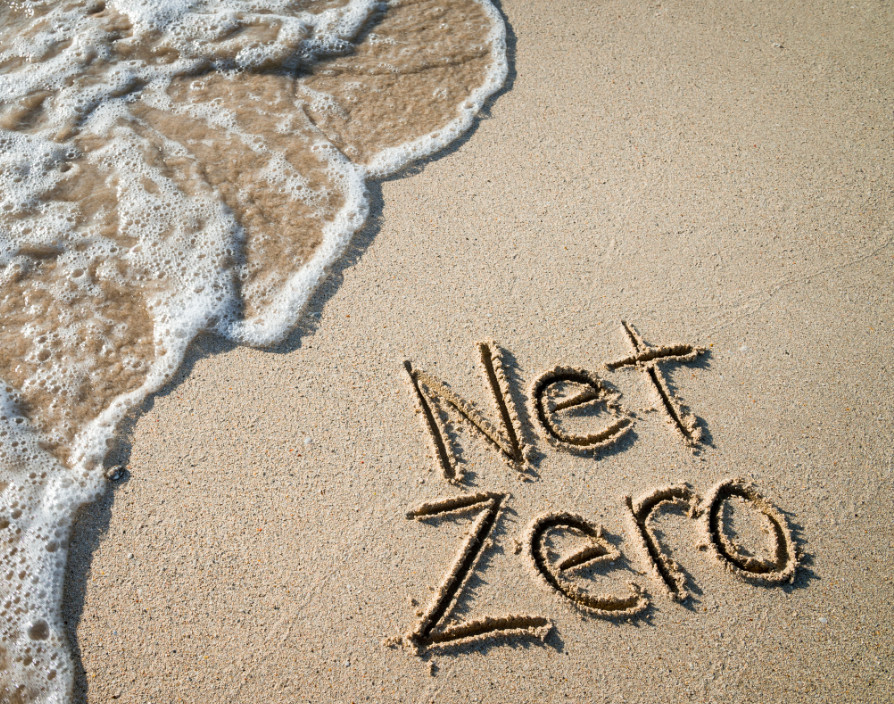Out of every crisis comes opportunity. While the tragedy of coronavirus will long cast a devastating shadow, it also presents an opportunity to accelerate positive action on one of the most pressing issues of our time – climate change.
As the UK prepares to host both the G7 in June and COP26 in November, there is growing global focus on the issue, as well as recognition that the world has a rare chance to press the reset button.
The last year has changed us. It has shown us how quickly the world can change, how vulnerable and interconnected we all are. It has also given us hope, by showing us what is possible when global science focuses minds on a challenge, and when communities work together.
And as we emerge from lockdown (at least in the UK), people are far more open and accepting of change; whether it is the level of intervention governments make, or the structure of our economy.
Lockdown brought some amazing benefits for the natural world; from the fish reinhabiting the waters of Venice, to mountain goats reclaiming the streets in Wales.
While shutting down human activity in this way long-term isn’t sustainable, increased local supply chains, less travel and more digital working do promise lasting and profound benefits for the environment.
In the last year small businesses have largely moved themselves closer to a net zero goal and that is certainly a silver lining to come out of this.
The Government has the aim to reduce the UK’s climate emissions to net zero by 2050. Representing 99% of businesses in the UK, small firms have a massive role to play in this ambition. Not least because entrepreneurs are naturally mission-driven and at the heart of inspiring and activating change in their communities.
We see tremendous passion and aspiration from small firms to be more sustainable; whether it is switching to environmentally friendly products, supply chains or even starting businesses with this rooted at the core. This year we created a new ‘Net Hero’ category in the Small Awards to recognise the incredible sustainability achievements of small firms.
But they also need support. Many firms aren’t clear what ‘net zero’ means, let alone how to achieve it. Going greener can be seen as too expensive, confusing, and time-consuming – even though it can help businesses reduce costs and engage customers more. Recent research we did with Lloyds Bank Academy found that a quarter of small firms want help with sustainability.
This is why Small Business Britain is launching a new campaign to help small businesses take action on climate change.
We want to engage and encourage entrepreneurs to commit to reducing their carbon emissions to net zero before 2050. And with six months to go until COP26, we are supporting the government’s target to get 100,000 UK small businesses to sign up to this pledge by November, as part of the global ‘Race To Zero’ initiative.
‘Small Business Planet’ is all about supporting small businesses to understand and address their environmental impact. There are some really easy steps that firms can take to start reducing their carbon footprint. And for the things that are harder we will create a network and a community from which to pool insight and expertise to break problems down.
We want to inspire firms and build confidence. The narrative around the challenges and complexity of net-zero can be off-putting. And this just ends up being self-defeating, resulting only in damaging delay and inaction.
UK small businesses are coming up for air now following this crisis. As they survey the lessons of covid, they are finding that they can share the indirect environmental benefits that the pandemic has brought with their customers.
“
Share via:









































